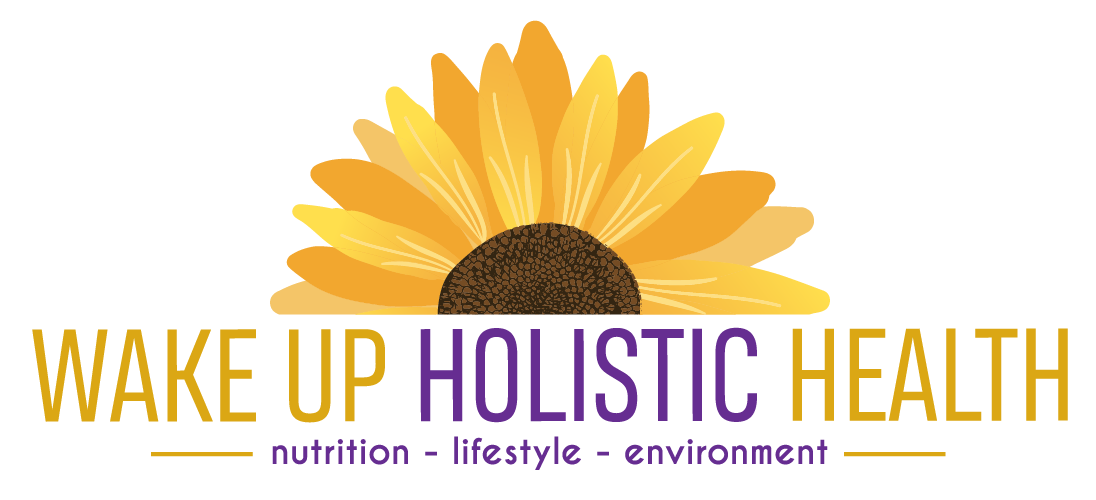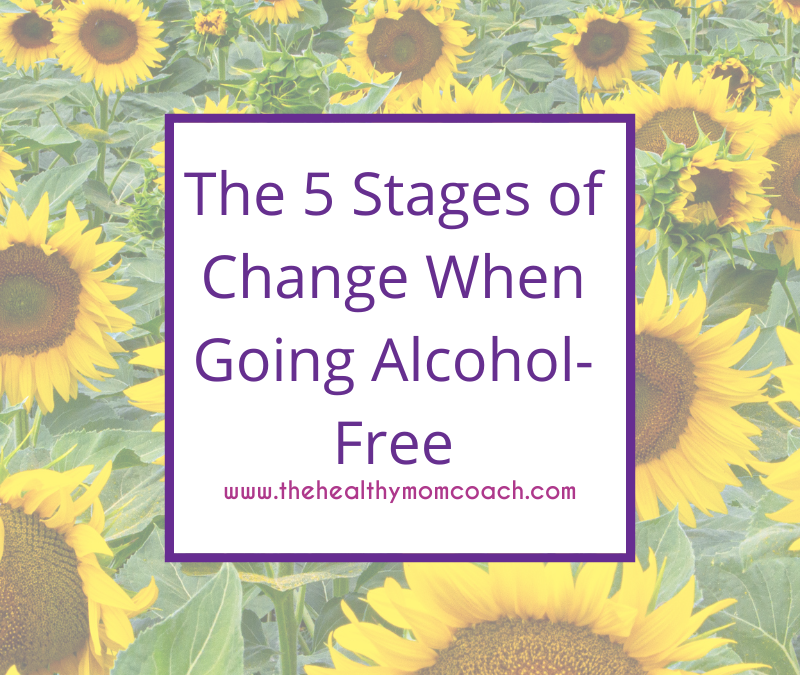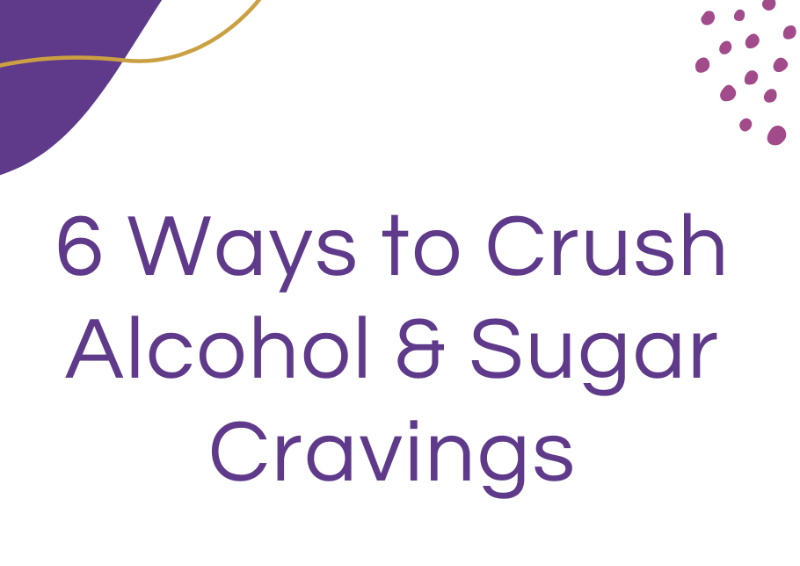Going alcohol-free is a journey. For 99% of people who decide to make alcohol irrelevant, it doesn’t happen overnight and it is very rare to have “spontaneous sobriety”. The alcohol journey can take years or even decades to go from not thinking there is a problem to kicking the habit for good. I started drinking when I was 15 years old and finally stopped when I was 44. I drank for more than half my life. This is a very common thread among those who drink alcohol regularly.
The first stage of change (pre-contemplation) is when you don’t even know you have a problem, or you aren’t even thinking about it. You are on autopilot and just continue to do what you do. Also, since alcohol is so vastly accepted as being normal in society, you make even deny you have a problem even if you black out, because isn’t it normal to black out from time to time from drinking?
When I was in college, I developed the routine of going to parties every weekend, and binge drinking all night long. It never crossed my mind that this was anything out of the ordinary. I grew up believing that was part of the reason why you go to college, so you can drink heavily, and that I did! All of my friends were doing it and even on the nights I got sick from it, I never thought to myself that it might be a problem. I would recover and just continue with life.
The second stage (contemplation) is when yoy begin to realize that your drinking may be an issue, yet, you are not ready to face it. This is the stage where you might hold a great deal of ambivalence about your drinking. The 2nd stage is one of the most difficult to get through, and it causes the cognitive dissonance to ramp up. You are being pulled in two opposite directions – you have a wish to change and also a fear of change. Many people considering making a change in their relationship with alcohol get stuck in this stage – they feel alcohol is providing them with benefits, but at the same time negative consequences.
I started to move into the 2nd stage right before I had my twin sons at the age of 32. I thought being a mom would be a “clean slate” for me to start over. How could I be a mother of 2 babies and still drink heavily? I thought this was the perfect opportunity to take control of my drinking, and I was motivated to do so for my sons. Of course, thinking and doing are two different things, and with the grip alcohol had on me and the postpartum depression and stress as a new mother set in, I wasn’t prepared for what was ahead. My heavy drinking escalated instead of reduced.
Are you feeling stuck in the contemplation stage and you feel your cognitive dissonance is running the show? Try making a list of the pros and cons. When the pros outweigh the cons, this will help you move into the next stage. Also, consider journaling on a few thoughts – How would you feel if alcohol was a non-issue for you? Where do you want to see your health and well-being 5 years from now?
The third stage (preparation) is when you realize the pros outweigh the cons and you are READY to move ahead with the change. You have made a firm decision to move ahead. What is it that you want to commit to changing? How can you prepare yourself to make this change? What do you need to help you move forward? A community of like-minded people? A coach or therapist? Other resources, such as books, videos, and podcasts? What kind of support do you feel you need to help you be successful with your lifestyle change?
When I hit the third stage, I just happened to be working with a life coach. Being able to talk things out with her allowed me to realize that I knew in my heart that it was time for me to move forward to make a positive lifestyle shift that will not only benefit myself but also my loved ones. I honestly didn’t exactly know I was going to move forward with it, but having my life coach on my side helped me feel more secure in my decision.
The actual change finally takes place in the fourth stage (action). This is when you are doing it, whatever it looks like for you. You have resources in place to help you reach your goal of being alcohol-free or trying to moderate. You are actively practicing and using tools that you are acquiring along the way, and whether you are remaining alcohol-free or have had a drink here and there, you are growing and learning from those “data” points.
I admit, that once I got to the 4th stage, I had a lot of anxiety about the unknown, but I was also curious about how my life might change if I stuck with it. I started to feel better as each day went by alcohol-free – physically, mentally, emotionally, and spiritually and felt like each day kept building on each other positively. I continued meeting with my life coach when I was in the fourth stage because it was nice to have the unconditional support of someone who understood and was in my corner. I think to myself how it must have been so cool for her to be present, watching me erupt from my cocoon into a beautiful butterfly!
The 5th stage (maintenance) occurs when you are at least six months into practicing and living your life in the new, upgraded lifestyle. You feel fully confident and secure that this lifestyle change feels good to you, and you can manage it with the tools and support you have gained along the way. Just because a positive lifestyle shift has been made, it still needs attention and effort to be put in to maintain it.
I have been in the 5th stage for almost four years now and am going strong, thankful I no longer have to drink! The amount of knowledge I have gained about my addiction and why I drank as I did is amazing, and continues to reinforce my decision to make the positive life shift to going alcohol-free. I have grown as a person more in the last four years than I have in the rest of my life, and I am proud to say that. My journey was a long one, but I wouldn’t change it. The only regret I have from my journey is that I didn’t become alcohol-free sooner.



Recent Comments